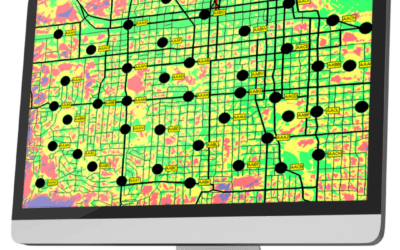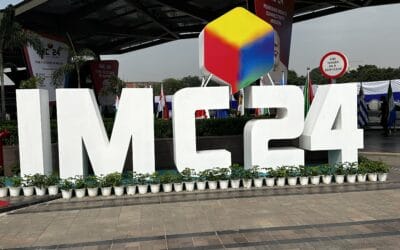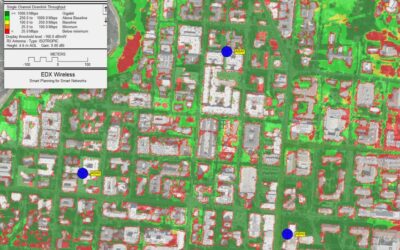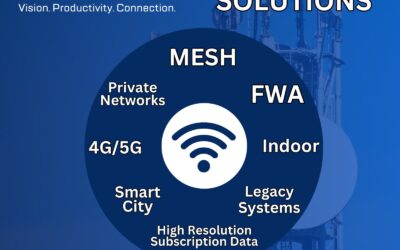With more than 173,865 members across 314 affiliated surf lifesaving clubs, Surf Life Saving Australia (SLSA) is one of the largest volunteer-based community rescue organizations in the world.
For an organization whose members work on the fundamental principle of saving lives across 59,736km of Australia coastline comprising more than 13,000 accessible beaches, radio communications is critical to SLSA’s operations.
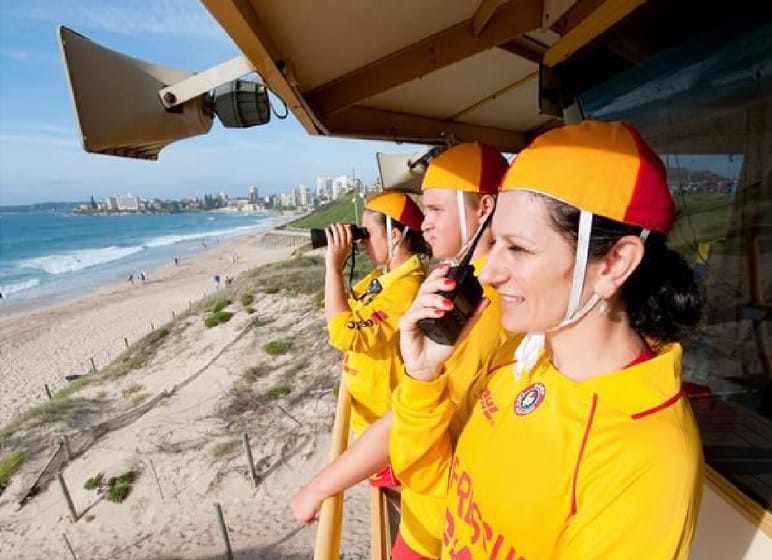
Chris Stevens, the National Communications advisor to SLSA, as well as the Radio Communications advisor to Surf Life Saving New Zealand (SLSNZ), stated that both organizations put their members in dangerous ocean and surf conditions every day, where having reliable radio communications is critical.
Radio communications for both Surf Life Saving Australia and New Zealand is currently undergoing a digital transformation phase. Most of the states (Australia) and regions (New Zealand) are migrating their analogue networks to digital or building greenfield networks as the reach of their services expands.
Recent network expansions in New South Wales (Australia) and the Eastern Region of New Zealand have seen the commissioning of DMR Tier 2 networks in UHF and VHF respectively.
“The outstanding benefit to our organization is the cost savings. We don’t have the time or money to make mistakes.”
Chris Stevens, National Communications advisor, SLSA
Since Surf Life Saving is a non-profit volunteer organization, funding is difficult to come by. Capital expenditure for network expansions or upgrades is often sourced from grants, trusts or donations; therefore, it is imperative that any funding that does become available be used to its maximum potential.
As a result, it is imperative that network planning and engineering is as near perfect as possible to ensure deployments stay on budget and meet critical performance requirements. At the same time, due to the unique coverage requirements and the topography of the coastline, identifying potential repeater sites is a difficult process.
With the assistance of local representative TeleResources, SLSA began using EDX SIGNAL and the entire process was made a great deal simpler.
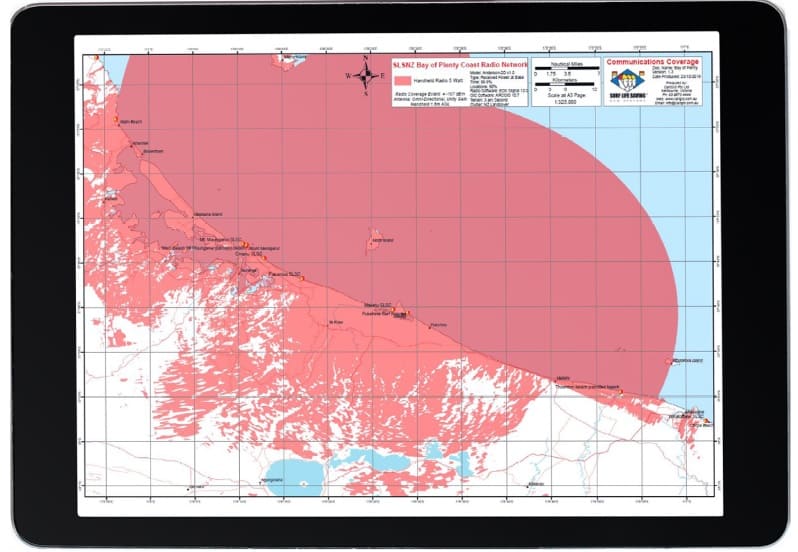
Surf Life Saving has been using EDX SIGNAL for about five years. “The outstanding benefit to our organization is the cost savings,” Chris recalled. “We don’t have the time or money to make mistakes. Using EDX SIGNAL has ensured that our networks are built to the best possible outcome. We undertake extensive planning and build our radio networks right and build them once!”
The cost savings that EDX SIGNAL has provided SLSA and SLSNZ is immeasurable. With little funding and even less resources available, the small investment made into EDX SIGNAL has provided expediential benefits and cost savings.
“EDX SIGNAL is a comprehensive engineering software platform that offers Surf Life Saving the study types needed to design our wireless networks including area studies, link/point-to-point studies, and route studies,” Chris stated. “As over 90% of our terminals are handheld, we heavily utilize the received power at base from remote area study. More recently we are using the BER measure to plan for our DMR Tier 2 networks.”
As Surf Life Saving build their networks in a master-slave configuration, the point-to-point studies feature helps them engineer their MiMOMax UHF links.

The software allows users to import a range of databases and supports high-resolution land use and terrain data, creating an accurate model of the service area by detailing the unique physical characteristics of the region. For further precision, users can import antenna pattern files, in this case from local Australian manufacturer RFI Technology, ensuring that exact parameters are examined in the predictive model as opposed to generalized radiation patterns.
After coverage modelling and engineering has been completed, Surf Life Saving utilizes the export as “Shapefile” feature to enable the creation of high-resolution maps on ESRI ArcGIS Desktop.
“The ability to be able to distribute as-built coverage maps to our members and services is very important. The exporting features of EDX SIGNAL and the use of ArcGIS makes the creation and distribution of these coverage maps extremely simple,” Chris stated.


